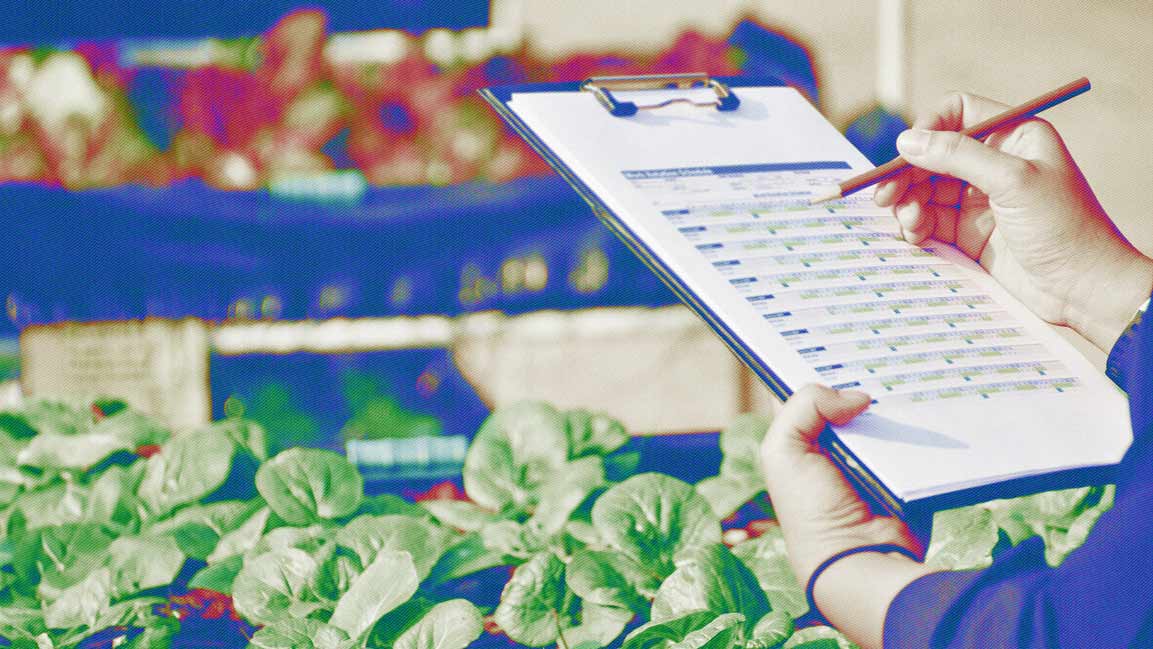- | 2:00 pm
UAE unveils new food safety laws and regulations for small farms
The new food safety laws are expected by early 2025, says environment ministry

By early 2025, a new system for controlling and inspecting food products will be integrated into the UAE food industry. This initiative aligns with the Ministry of Climate Change and Environment’s (MOCCAE) collaboration with the National Food Safety Committee, established by the MOCCAE.
Together, they aim to explore the implementation of a set of new regulations to standardize and enhance control over food products, as well as to regulate their distribution within the country.
In a parliamentary report presented by MOCCAE to the Federal National Council outlining the plan, the legislation is detailed as follows: the regulation of the circulation of new food items is labeled as “under preparation,” the National System for Control and Inspection of Imported Food is categorized as “prepared.” The UAE’s National System for Control and Inspection of Food Traded is classified as “under preparation.”
The ministry said, “This type of activity essentially ensures consumer safety, and this type of activity is licensed through the relevant powers in each emirate, represented by the economic departments. E-commerce activity is also controlled through the Telecommunications and Digital Government Regulatory Authority, and the necessary measures are taken against everyone who violates the terms and requirements of this activity.”
Meanwhile, Abu Dhabi Agriculture and Food Safety (ADAFSA) has taken steps to regulate plant production farms for small-scale farmers in the emirate. The initiative aims to sustain natural resources, enhance the income of small farmers, and bolster support for local products.
This decision establishes specific regulations for farm plant production, offering smallholders a transparent regulatory framework for their agricultural activities while enhancing marketing opportunities for locally produced goods.
Likewise, the new regulation will include technical assistance and training programs for farmers, aiming to promote the consumption of locally grown products.
Conditions for practicing plant production on small farms include maintaining overall hygiene on the farm and its facilities, obtaining official approvals before establishing packing houses, and obtaining approval for using materials intended for food use in processing plant products.
Additionally, the regulation requires documentation of agricultural activities conducted on plant products, including the provision of records indicating the quantities of production that have been disposed of. Establishing a traceability system to ensure the identification of plant products is also mandated by the new regulation.































